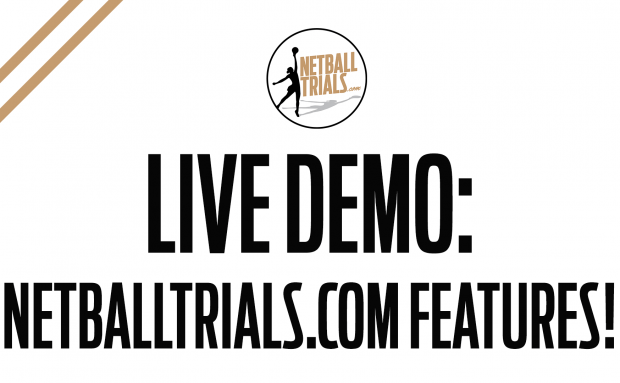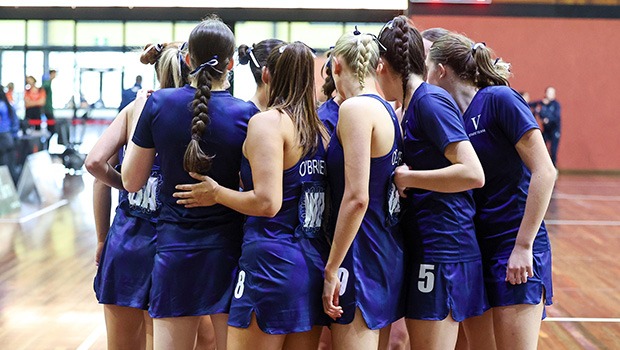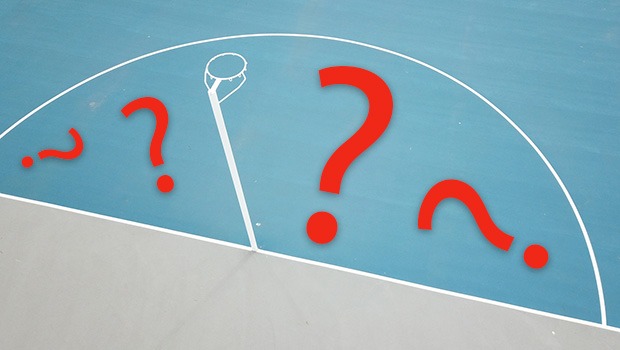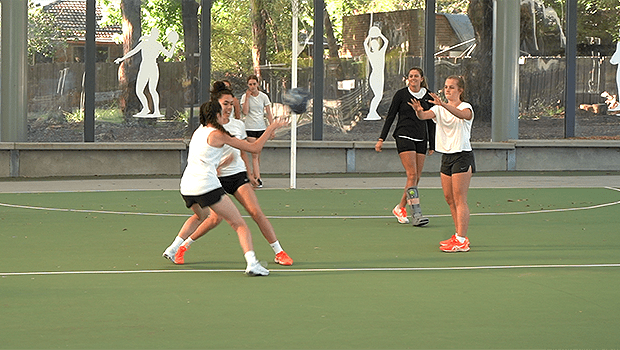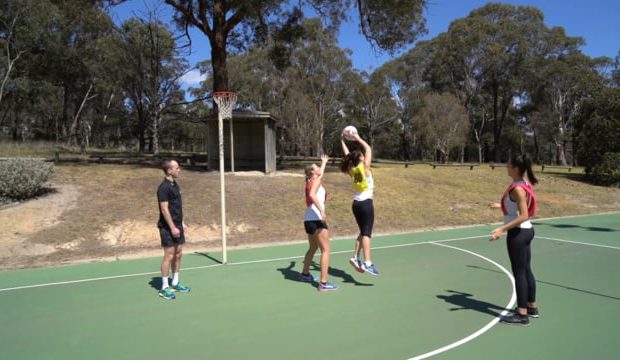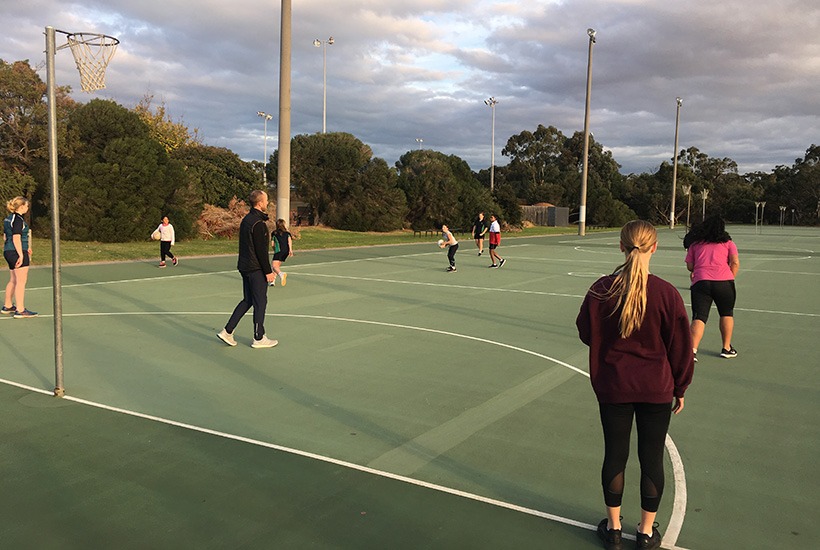
How much time to put into working on your netball team’s weaknesses versus trying to improve the things they’re already good at is a tough question for netball coaches.
Most young players probably have a couple of skills they’re very competent at, some areas that need considerable work, and a lot of things that fit somewhere in the middle.
Figuring out when to work those skills into your sessions and how much time to allocate to them is the challenge for us as coaches.
400+ DRILLS: CHECK OUT OUR FULL LIBRARY OF COACHING VIDEOS!
The answer is most likely a little bit from each column. It just depends on the age of your players and where you’re at in your season.
It’s going to be a balancing act – across a season you might be able to improve your players’ weaker points by 50%, but their strengths by only 10% through the same period as they’re already a high level.
It’s a matter of WHEN you work on each area that will make the biggest difference to your team’s success.
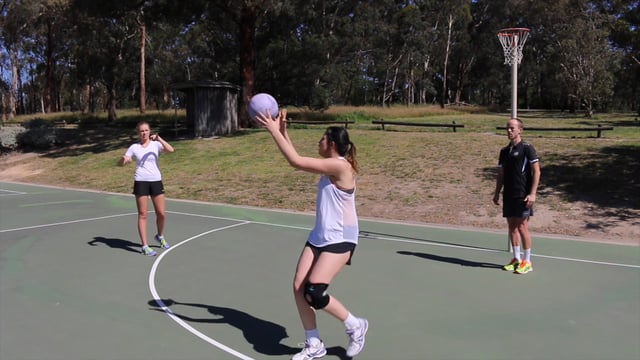
WORKING ON WEAKNESSES
Focusing on weaknesses is generally done with a long-term view – you often won’t get lasting improvements in just one or two sessions.
There’s no point targeting a team or player’s weaknesses the week before a final – they probably won’t retain what you teach them, and their confidence could take a battering.
Good habits are formed by repetition, and that comes with time and a lot of practice.
For most teams, work out some key areas that need attention as early in your season as you can, and target them throughout those early weeks. You might spend four weeks almost exclusively on drills that focus on basic passing and outside pivots, for example.
BLOG: WHY IT’S OK TO REPEAT YOUR NETBALL TRAINING SESSIONS
From there, it’s a good idea to allocate a small part of each session for the majority of the season to improving those basic areas. For example, if your team has very poor or non-existent preliminary moves, you could spend the first month of the season focusing on improving them, and for the remainder of the season ensure that one or two of the drills you use in each session have some sort of preliminary move element, so you’re able to revisit that skill and provide feedback on it regularly, but without making it the sole focus of your sessions.
Remember, it’s a fine line between practising something enough times for a player to see improvement, and smashing their confidence because they’ve tried it repeatedly and haven’t been successful. If they’re not able to achieve the skill or task you’ve set them, scale it back by taking out the defence, removing the ball or equipment, or simplifying it in some other way to allow them to master each step at their own pace.
SHORE UP THOSE STRENGTHS
Is there a tournament next weekend? Are there two weeks until the grand final?
That’s probably the time you’ll really prioritise promoting your team/players’ strengths over their weaknesses. You want them playing confidently and doing the things they do well when they next step out on court.

It’s similar to the question of how much training time to put into negating what the opposition might do. If you’ve reached finals, chances are it’s because your players have strengths of their own, so you’re best served pumping up those skills and ensuring your team is confident, rather than introducing new ideas or spending two hours focusing on a skill they struggle with.
Outside of those times, you’ll no doubt touch on your players’ strengths at almost every session throughout year in one way or another, but you might also have the occasional session or specialist session where you target their position specific skills that they’re already quite competent at, with the aim of taking those skills to the next level.
THE STUFF IN THE MIDDLE
The majority of the work you do throughout the year will probably fall somewhere between strengths and weaknesses – it’s the meat and potatoes that make up each player’s game.
But just because they’re competent at certain skills, it doesn’t mean they shouldn’t be constantly pushing to develop them also.
There are really good gains to be made in this area, simply with regular skill detection and correction. Don’t let your players just go through the motions when they’re performing drills or skills they’re comfortable with. Are they releasing their shoulder pass correctly? Do your goalers do the strongest possible split when they land with the ball inside the goal circle? Are your defenders running their feet through the ball when attempting to intercept, or do they lunge too early?
Always look for small improvements that players can make to their games, and some of those ‘competent’ areas could soon be in the ‘strengths’ column.
